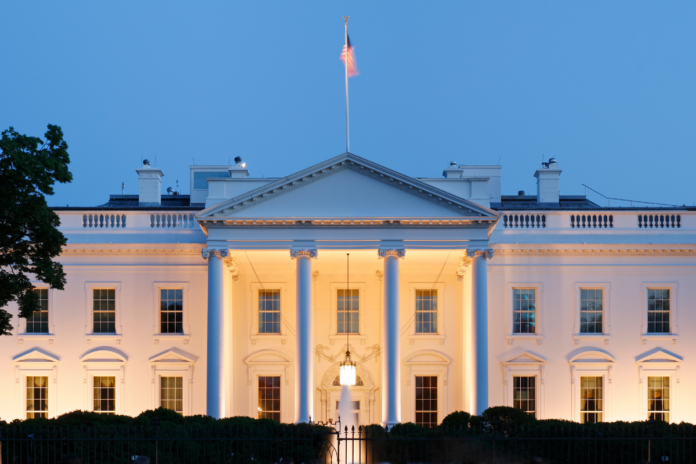By: Nick Gambino
Before their meeting with leading tech CEOs, the White House announced a series of executive actions on AI. The meeting was held by Vice President Kamala Harris and was attended by the top execs from Alphabet, Microsoft, Anthropic and OpenAI (creator of ChatGPT).
The executive actions are intended to put security checks in place while also providing a path forward for the ethical use of artificial intelligence. AI is experiencing something akin to a golden age which is both exciting and terrifying. Most every major technical advance is a double-edged sword and AI is no exception. It can be used to make our lives easier but can also serve as a vessel for more malicious intent. This is the executive branch’s main concern.
To begin, the White House said the National Science Foundation is investing $140 million to create research hubs (7 in all). In these research centers they’ll use AI to work on solutions to crucial areas like agriculture, public health and climate change.
Additionally, there will be a live demonstration and assessment of responsible AI at an upcoming hacker event this summer. This will be gauged against President Biden’s AI Bill of Rights, released in 2022. That proposal laid out 5 principles which should guide the full scope from design to deployment in the most ethical and safe way possible. These principles can be categorized as Safe and Effective Systems, Algorithmic Discrimination Protections, Data Privacy, Notice and Explanation, and Human Alternatives, Consideration and Fallback.
From all accounts the meeting with the White House and tech CEOs was a productive one and is an indicator that they are making the safe and ethical use of AI a priority.
“As I shared today with CEOs of companies at the forefront of American AI innovation, the private sector has an ethical, moral and legal responsibility to ensure the safety and security of their products,” the Vice President said in a statement after the meeting. “And every company must comply with existing laws to protect the American people.”










